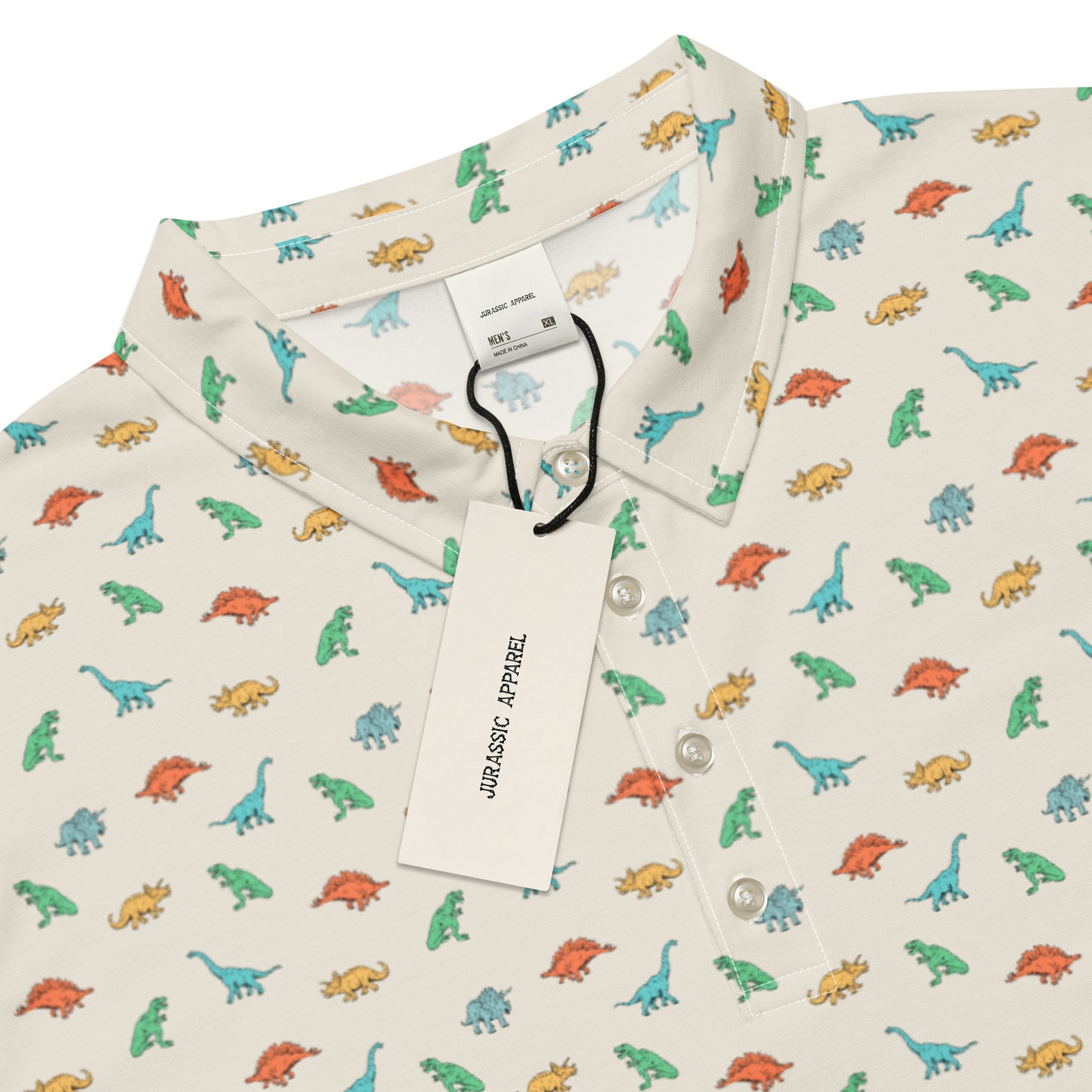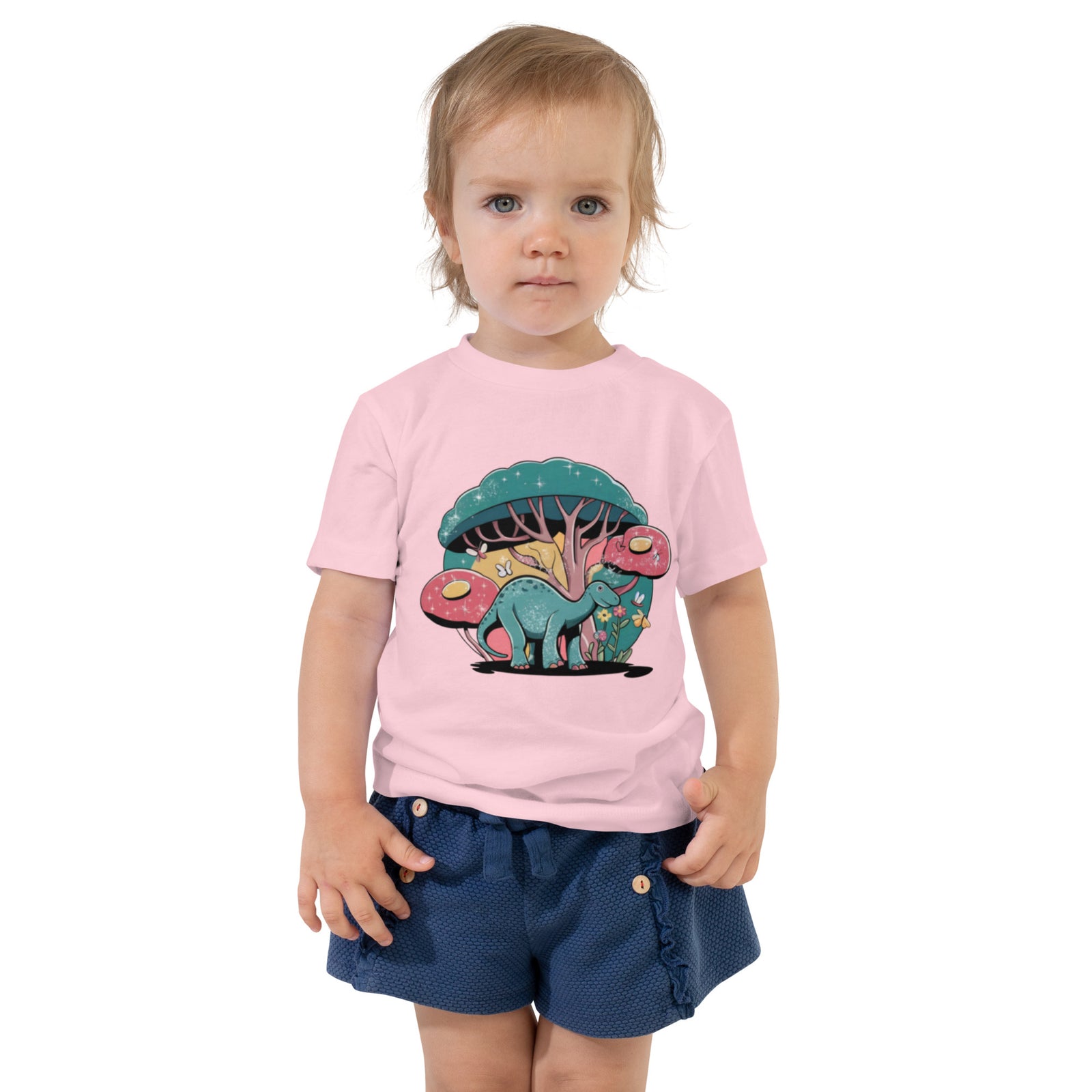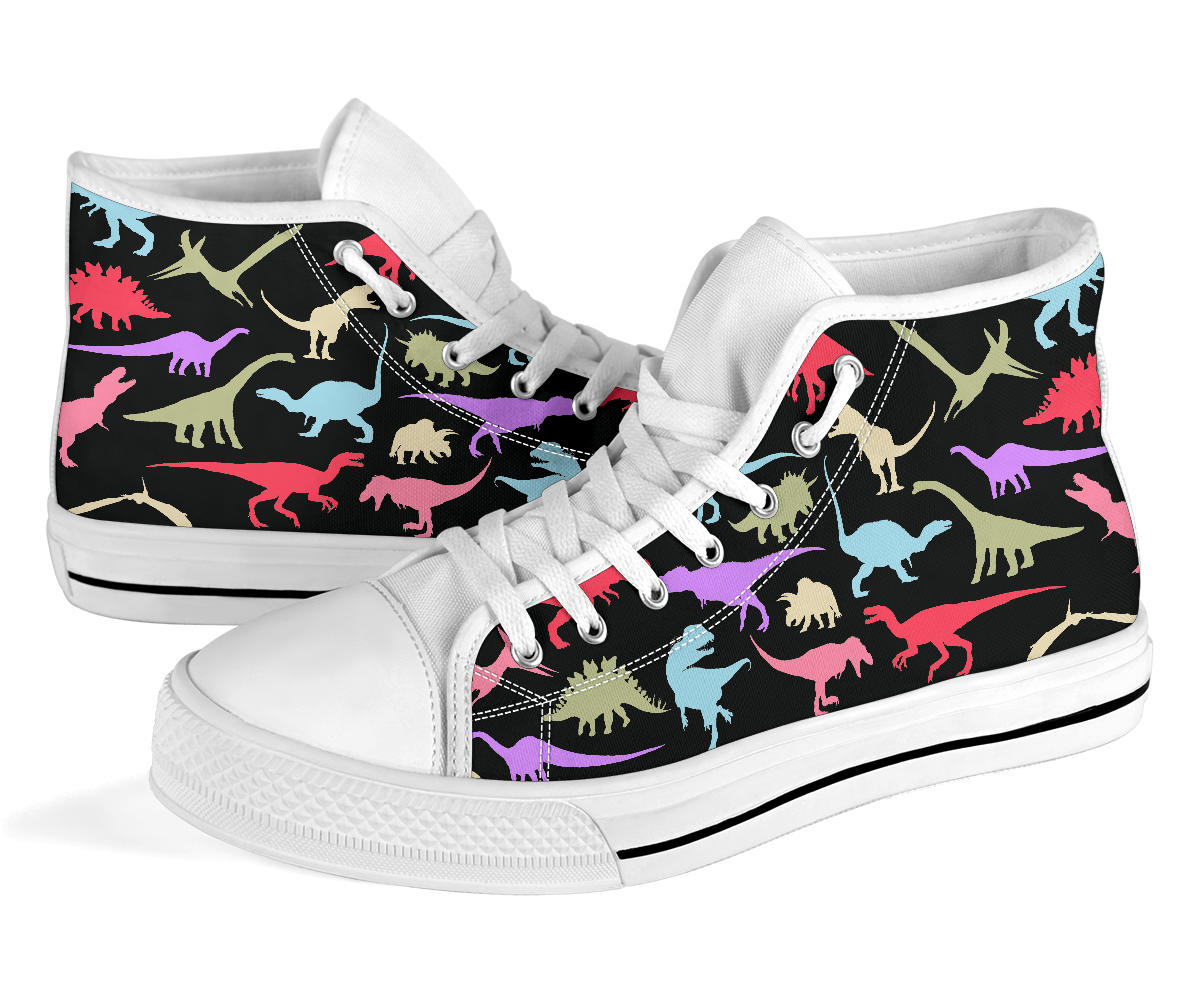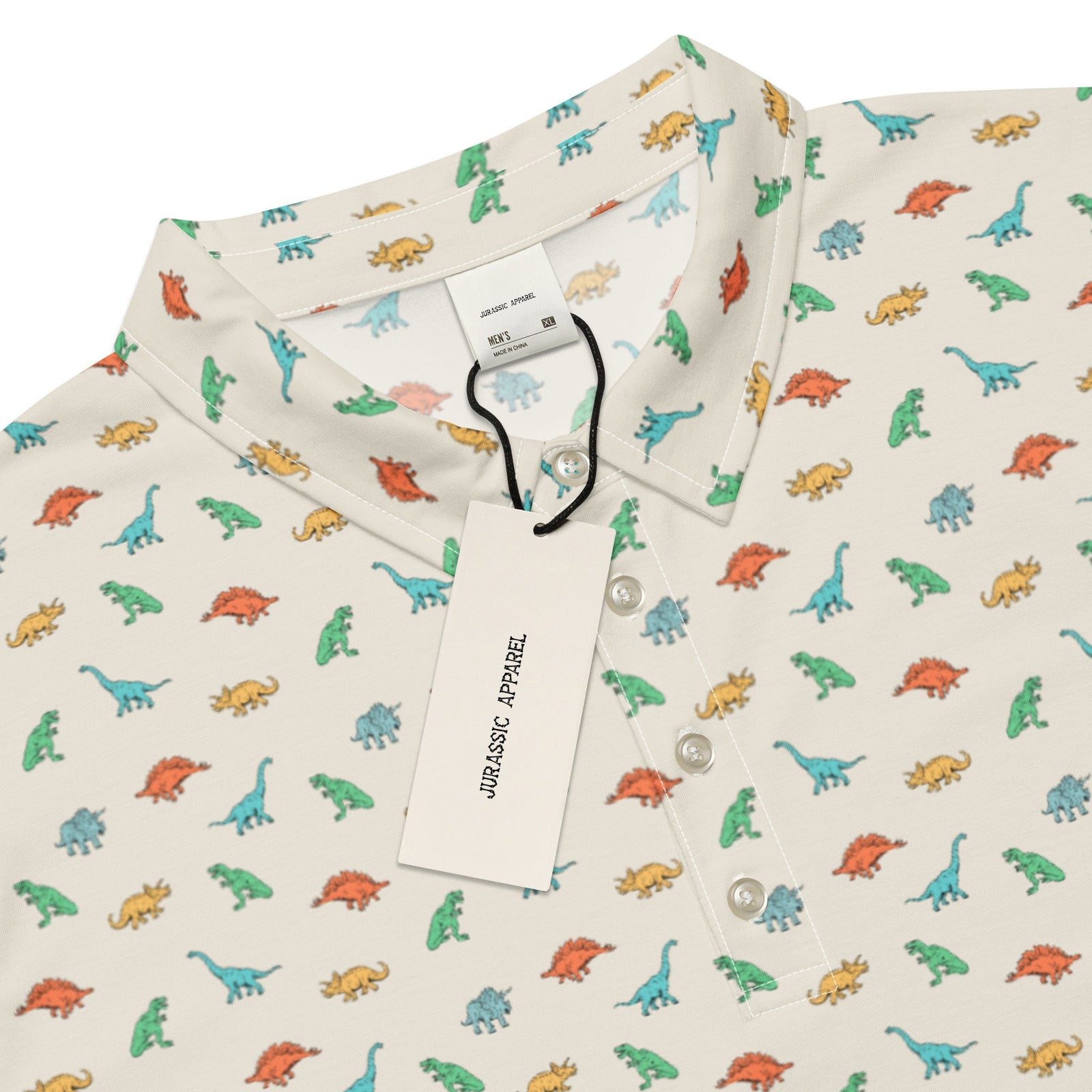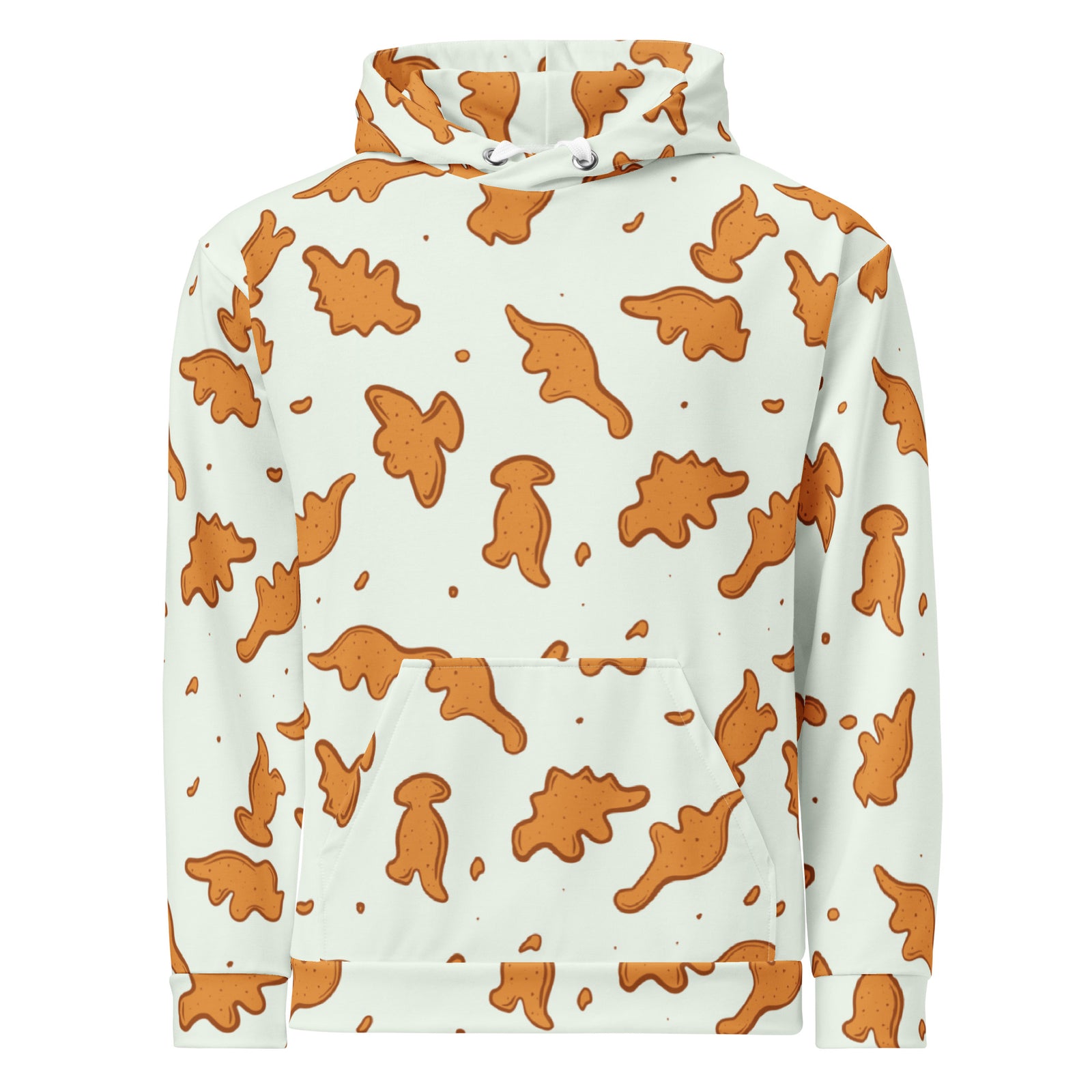Free Shipping On Orders over $75
Free Shipping On Orders over $75
Women's
Men's
Kids
Baby/Toddler
Accessories
Ouranosaurus
August 09, 2024 2 min read

(AI Interpretation)
Discovering Ouranosaurus: The Unique Dinosaur of Africa
Dinosaur Facts:
- Dinosaur Type: Ornithopod
- Period: Early Cretaceous
- Diet: Herbivore
- Length: Approximately 8 to 10 meters (26 to 33 feet)
- Height: About 3 meters (10 feet)
- Weight: Roughly 1,000 kg (about 2,200 lbs)
- Notable Features: Large sail-like structure on its back
Ouranosaurus for Kids
Meet Ouranosaurus!
Ouranosaurus is a fascinating dinosaur that roamed the earth during the early Cretaceous period. This dinosaur is recognized for its unique features and is a favorite among dinosaur enthusiasts!
What did Ouranosaurus look like?
Ouranosaurus had a stout body with long limbs and a distinctive sail along its back that could have been used for display or thermoregulation. This sail featured elongated neural spines that stood tall, giving it an impressive silhouette.
What did Ouranosaurus eat?
As a herbivore, Ouranosaurus primarily fed on plants, likely consuming leaves, woody shrubs, and low-lying vegetation. Its beak-like mouth was well-suited for stripping leaves off branches.
In-Depth Look at the Ouranosaurus
Anatomy and Physical Features
Ouranosaurus displayed a blend of physical characteristics seen in both bipedal and quadrupedal dinosaurs. Its limbs allowed for a versatile lifestyle, which possibly involved both walking on four legs and standing tall on two. Its sail-like structure may have played a vital role in attracting mates or regulating body temperature.
Behavior and Habitat
This dinosaur likely lived in semi-arid environments, where it could utilize its sail to shade itself from the sun. Fossil evidence suggests that Ouranosaurus may have gathered in groups for better protection against predators. The American Museum of Natural History provides insights into such behaviors seen in ancient dinosaurs.
Scientific Discovery and Research
Ouranosaurus was first discovered in the early 1990s in Niger, Africa, and its fossils have provided essential insights into the diversity of dinosaur life during the Cretaceous period. Research conducted by the Natural History Museum highlights the significance of these fossils for understanding evolutionary biology.
Social Behavior and Hunting Techniques
While primarily herbivorous, Ouranosaurus may have had to defend itself from carnivorous dinosaurs. Its sail might have had a defensive purpose, making it appear larger to would-be predators, while measured social behavior might have helped the species stay safe in packs.
Ouranosaurus in Popular Culture
Ouranosaurus is often featured in documentaries and books about dinosaurs, emphasizing its unique characteristics. Its unusual appearance has made it a standout among lesser-known dinosaurs.
Ongoing Research and Discoveries
Paleontologists are continually studying Ouranosaurus, using advanced imaging techniques to learn more about its anatomy and ecology. Ongoing discoveries continue to challenge and refine what we know about this interesting dinosaur, as experts like those at PNAS explore its evolutionary significance.
Conclusion
Ouranosaurus provides a unique glimpse into the adaptive strategies and evolutionary history of dinosaurs. The gradual unearthing of new fossil evidence continues to pique the interest of scientists and enthusiasts alike, solidifying Ouranosaurus's place in the grand tapestry of prehistoric life.


